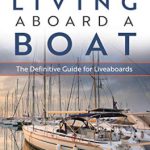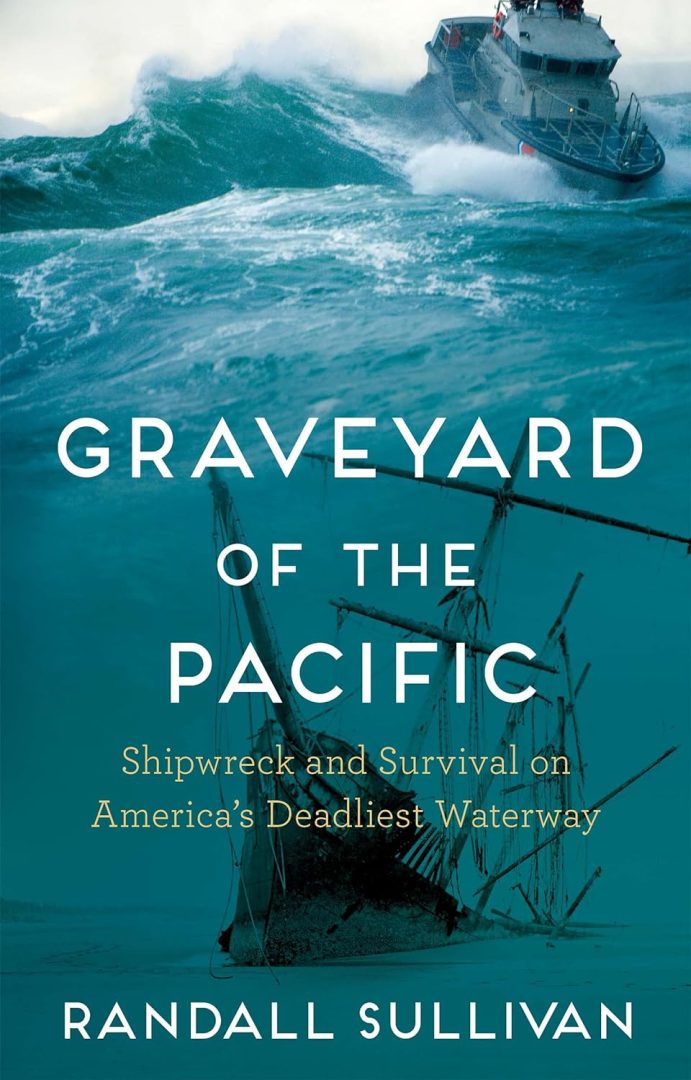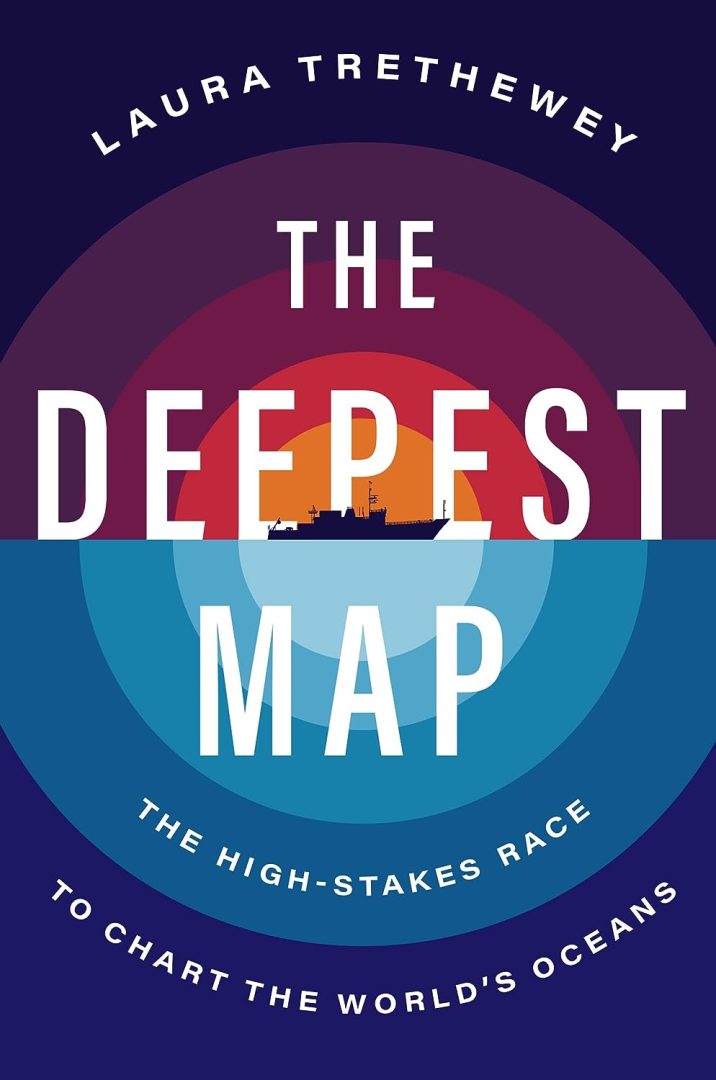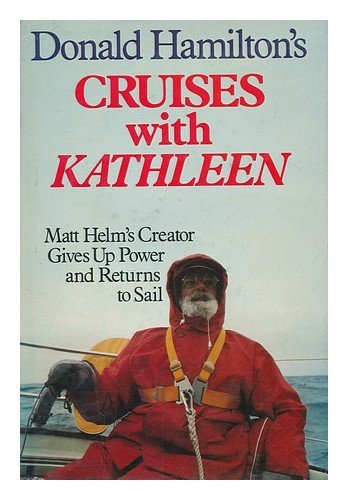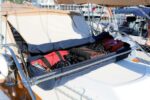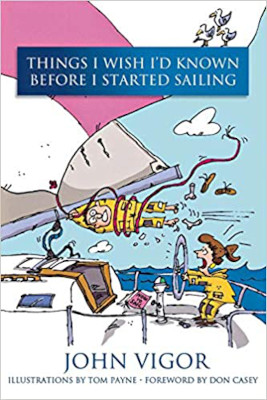
With his newest book, Things I Wish I’d Known Before I Started Sailing, John Vigor alternates between being a wise old salt, a nautical curmudgeon, a patient teacher offering safety tips to a new sailor, and the next sailor on the dock who cheerfully spouts his own take on controversial sailing subjects.
The problem is that there is no lack of sailing information out there; the docks are awash in opinionated sailors. As John says, “It can be very frustrating trying to get the information you need because the advice you receive from one sailor often conflicts with the advice from another. Unfortunately, what works for one sailor on one boat might not work for another on another boat.” How true. For instance, John explains that your keel shape should dictate your storm tactics. You’ll find it hard to locate that oh-so-true advice anywhere else. For my money, John is one of the best of the breed, so sailors would do well to pay attention to the opinions expressed in this book . . . even the curmudgeonly ones.
Things I Wish I’d Known Before I Started Sailing is organized alphabetically by topic with a tip at the end of each entry. For example, John explains about fear and anxiety as normal and important emotions and winds up with the following tip: “Apprehension before a voyage often disappears the moment you get under way and always diminishes with experience.” Or take binoculars. John advises the sailor to “be content with a modest magnification” because anything more powerful than 7 x 50 is a waste of money. He concludes with this tip: “Good binoculars are expensive. Guard yours carefully and buy a second, cheap pair for visitors who keep changing your settings and dropping your glasses.”
There now. That was an example of John when he’s both wise and curmudgeonly. You want controversial? John will explain why you don’t need battens in your mainsail. That is sure to start an argument on the dock. And he tells his readers that gasoline engines have many advantages over diesel. He’s right, of course, but you’ll never read those words in any of today’s sailing magazines, which have apparently agreed — in some behind-the-scenes meeting — that gasoline inboards are the number one danger to sailors.
The teacher providing safety tips is there in John’s thoughtful advice about climbing the mast and about the dangers of dinghies. When it comes to climbing the mast, he points out that the height is enough that a fall could kill you, so don’t hand over the responsibility for your safety when you go up the mast. “It’s your life and your responsibility,” John says and then tells you what precautions to take. There’s good advice from a seasoned seaman on the subject of dinghies also. John notes that hard dinghies can capsize and that inflatables can be blown out to sea. He says, “Make up a small safety pack for your dinghy (besides oars and lifejackets): flashlight, compass, bailer, and a spare drain plug. A hand-held VHF radio could be a lifesaver.”
This book is easy to read. It imparts some very valuable information in a fun package (particularly with the marvelous and zany illustrations by Tom Payne). Get it for the newbies in your family or on the dock. Hand it to friends who plan to come sailing with you. As John says, “If this book has a goal, it is to encourage beginners of all ages to start sailing with confidence and to dispel some of those persistent myths prevalent among many experienced sailors.”
At the end John adds an appendix with the most useful tables and formulas compiled from many of his other best-selling books. This, he says, is the information “I wish I’d known about.” And he adds a list of the books he wishes someone had told him to read. Following this advice would do us all good. Buy the book and pass this sort of wisdom along.
Things I Wish I’d Known Before I Started Sailing by John Vigor (Sheridan Housle, 2005; 208 pages)

